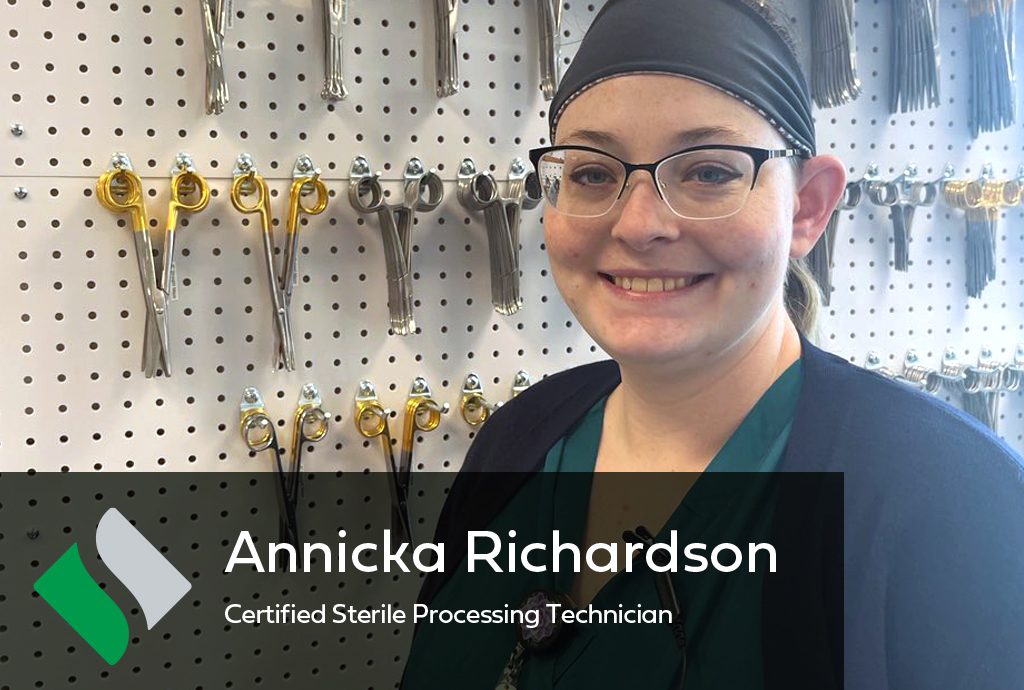In Her Own Words: Annicka Richardson, Certified Sterile Processing Technician, Saltzer Surgery Center


The eClinicalWorks web-based Patient Portal lets patients and doctors communicate easily, safely and securely over the Internet. Patients are given secure passwords that allow them to log in to see their own private set of documents including statements and communications from their physicians.
To proceed read the Terms and Conditions and click the link below
I have read and agreed to the Terms & Conditions for usage of the Patient Portal servicePlease note, patient protal is only for individuals with an existing portal account.
The eClinicalWorks web-based Patient Portal lets patients and doctors communicate easily, safely and securely over the Internet. Patients are given secure passwords that allow them to log in to see their own private set of documents including statements and communications from their physicians.
To proceed read the Terms and Conditions and click the link below
I have read and agreed to the Terms & Conditions for usage of the Patient Portal service